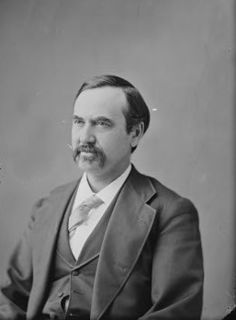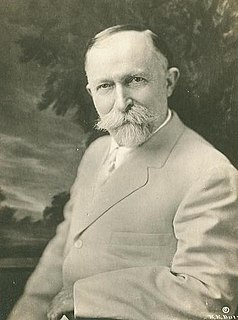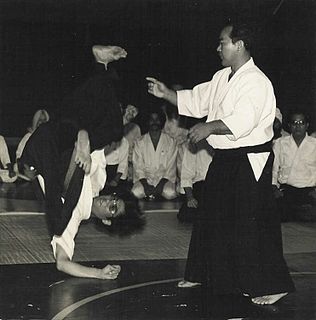A Quote by C. S. Lewis
The human mind is generally far more eager to praise or dispraise than it is to describe and define.
Related Quotes
The human mind is generally far more eager to praise and dispraise than to describe and define. It wants to make every distinction a distinction of value; hence those fatal critics who can never point out the differing quality of two poets without putting them in an order of preference as if they were candidates for a prize.
It is an old, old adage that if you want someone to do something, get them to believe it is their idea. Humanity is mind controlled and onlyslightly more conscious than your average zombie. Far fetched? No, no. I define mind control as the manipulation of someone's mind so that they think, and therefor act, the way you want them to.
The greatest human virtue bears no proportion to human vanity. We always think ourselves better than we are, and are generally desirous that others should think us still better than we think ourselves. To praise us for actions or dispositions which deserve praise is not to confer a benefit, but to pay a tribute. We have always pretensions to fame which, in our own hearts, we know to be disputable, and which we are desirous to strengthen by a new suffrage; we have always hopes which we suspect to be fallacious, and of which we eagerly snatch at every confirmation.
...In little more than a single century from 1820 to 19450, no less than fifty-nine million human animals were killed in inter-group clashes of one sort or another.... We describe these killings as men behaving "like animals," but if we could find a wild animal that showed signs of acting this way, it would be more precise to describe it as behaving like men.
All the inventions and devices ever constructed by the human hand or conceived by the human mind, no matter how delicate, how intricate and complicated, are simple, childish toys compared with that most marvelously wrought mechanism, the human body. Its parts are far more delicate, and their mutual adjustments infinitely more accurate, than are those of the most perfect chronometer ever made.
Countless people have attempted to define the absolute power of the world of nature. Some praise it as god, some call it the Buddha, others call it truth. Still others convert nature into a philosophy by which they attempt to sound its deepest truth. Such attempts to define the power of nature are no more than striving to escape its effects.


































